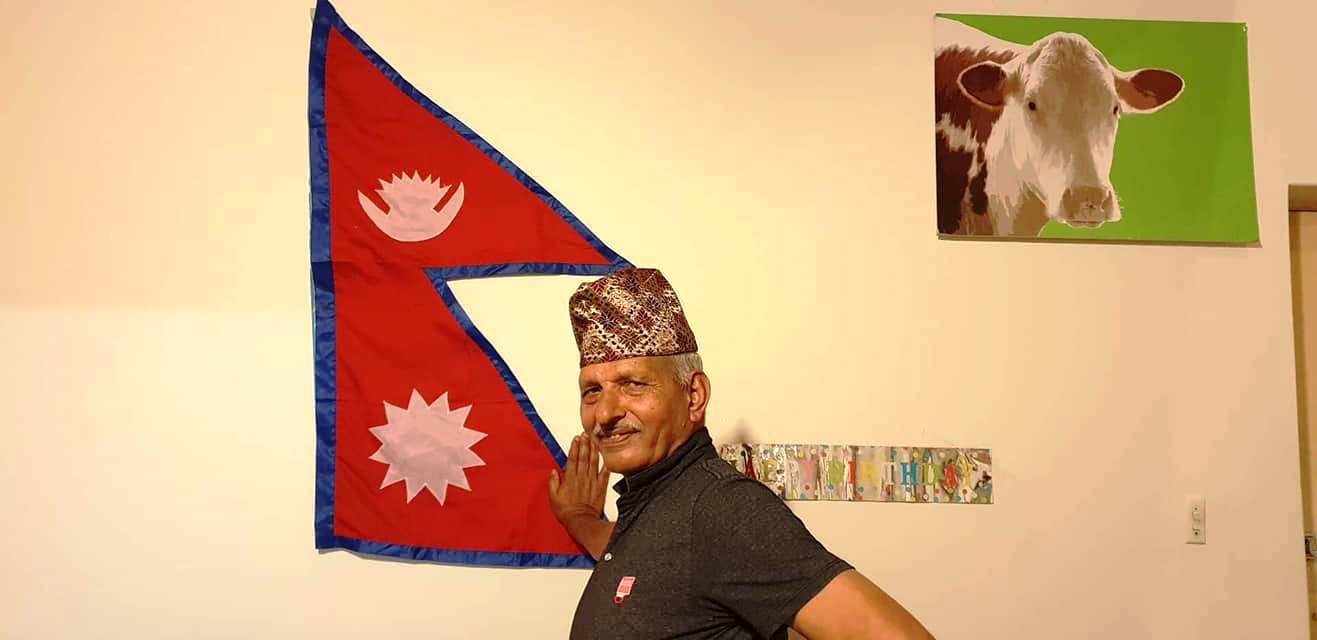I am 72 years old and originally from a remote district of Nepal but I now rent a house in the capital, Kathmandu, with my wife. My two daughters live here too while my son and daughter-in-law live in Australia.
As I get older, I feel that there is discrimination and negative attitudes towards older people from neighbours and the community. Sometimes family members pay little attention to older people, their food and healthcare needs.
Older people cannot easily access healthcare and other social services – many are illiterate or ill and find it difficult to walk, stand in line or communicate with service providers. Some older people are considered weak because they do not contribute to the family in terms of income or other support.
In my case, however, I live actively. I have good health. I have good relationships with my neighbours and community and they appreciate my active and healthy lifestyle.
We need to demand our right to health, education and care. We older people should live with dignity.
If we have better access to information and communication tools, we can demand our rights as older people, we can advocate against systemic ageism. If ageism ends, families will be stronger and our lives will become more dignified.
I think that health care, education, income generation and livelihood opportunities for older people could be very effective if government and civil society supported the health and overall well-being of older people.
Story by Jhabindra Bhandari, Nepal Participatory Action Network

